
Professor Adrian Hayday
Professor of Immunobiology
Research interests
- Immunology
Biography
Professor Adrian Hayday is Professor of Immunobiology in the School of Immunology & Microbial Sciences.
Research

Experimental Oncology
The Experimental Oncology Programme is focused on the development of new treatments for solid tumours.
Project status: Ongoing

Cancer Immunology & Immunotherapy
Cancer Immunology represents a broad field of research that studies host-tumour interactions as therapeutic targets in the treatment of cancer.
Project status: Ongoing

Hayday Laboratory
We investigate how tissue integrity is maintained and restored by T lymphocytes resident within sites such as skin, gut, and reproductive tract.

The Francis Crick Institute
King’s is delighted to be a founding academic partner alongside UCL and Imperial College in the Francis Crick Institute, joining the multidisciplinary research expertise from all the Partners together to deliver world-leading biomedical research.
News
Immune cell helps predict skin cancer patients chances of responding to treatment
A type of immune cell can help predict which patients may benefit most from cancer immunotherapies, researchers from King’s College London, Guy’s and St...
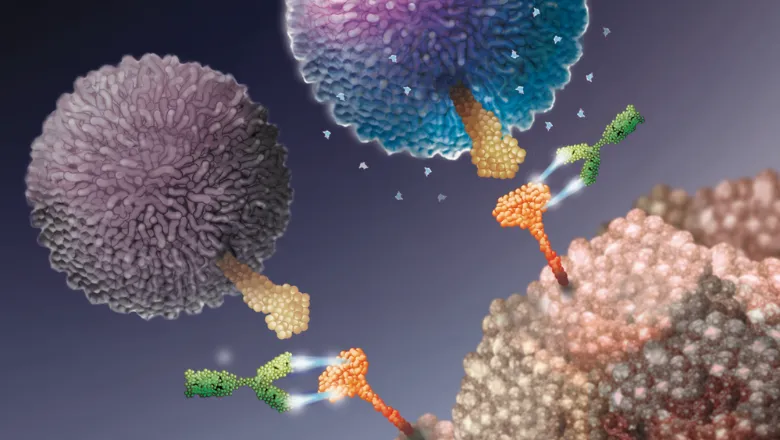
King's-Crick partnership celebrates five years
The partnership aims to facilitate the discovery of solutions for the world’s greatest medical challenges

Immune cell linked to better lung cancer survival
High levels of a unique type of immune cell is linked to a greater chance of remaining cancer-free after surgery for patients with lung cancer.
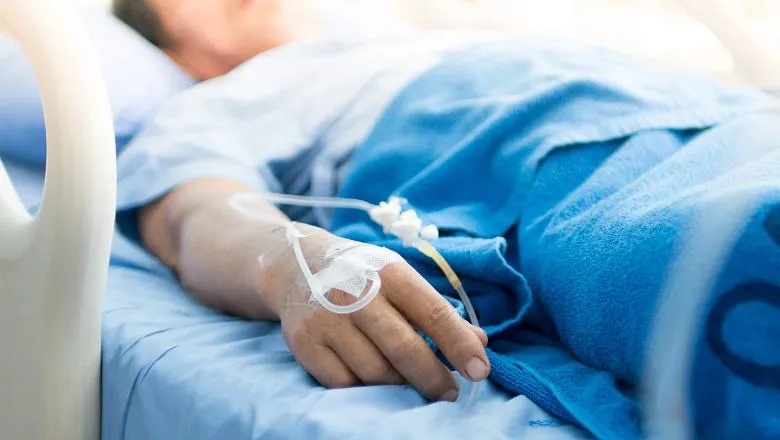
King's spin-out acquired by Takeda
Takeda Pharmaceutical Company Limited “Takeda” this week announced the exercise of its option to acquire GammaDelta Therapeutics Limited, a company focused on...
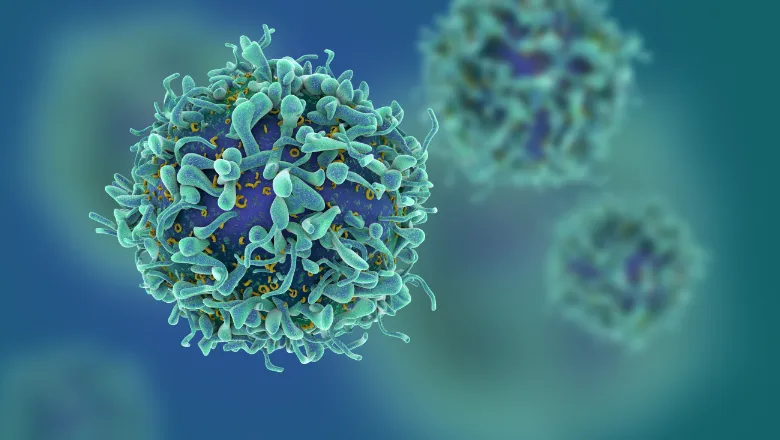
Poor immune response in many double- vaccinated blood cancer patients
More than half of double vaccinated blood cancer patients have been left with little protection against COVID-19, new research has found.

First patients given dose to evaluate novel gamma-delta T cell cancer therapy
A biotechnology company founded by researchers from King’s and the Francis Crick Institute has announced that it has initiated a first-in-human Phase I...

Three molecules could predict the severity of COVID-19 in patients
A common immune signature in the blood patients has been found, which could be used to predict how severely ill a patient will become.
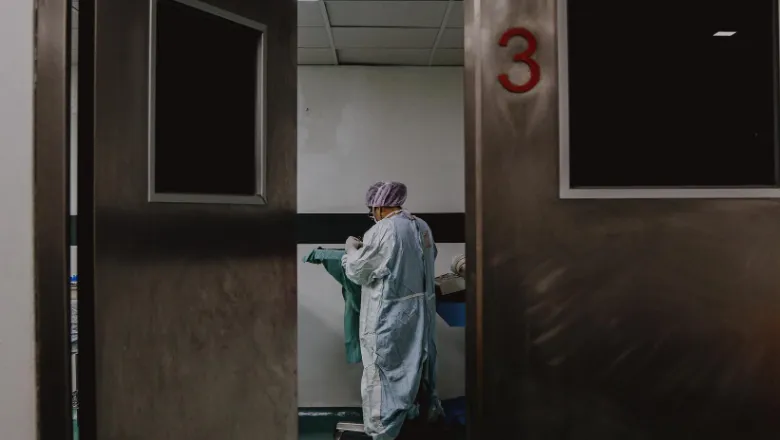
Blood test could track immune response to COVID-19
A highly detailed analysis of the composition of immune cells in the blood of patients with COVID-19, reveals new aspects of how the SARS-Cov-2 coronavirus...
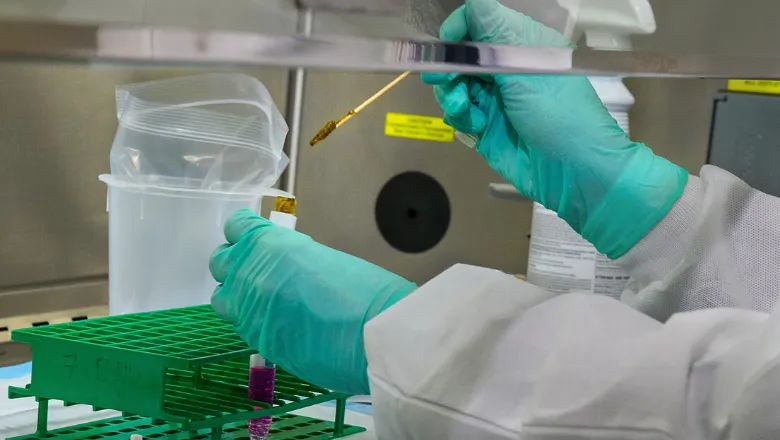
Researchers identify over 140 genes linked to immune system regulation
First extensive immune profiling of mice reveals a vast catalogue of genes that regulate the immune system and model human disease
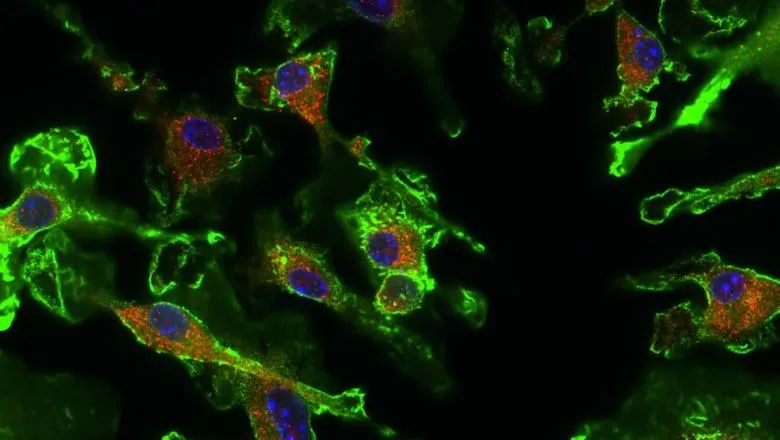
Unique immune cell could help stop breast cancer
A unique type of immune cell has been discovered in human breast tissue, and breast cancer patients with more of these cells are more likely to survive, finds...

Features
Transforming cancer care at King's
King’s is the site of future breakthroughs, transforming cancer care and therapies through innovative research. An injection of philanthropic donations...

Support the King's COVID Response Fund
You can support King's life saving research, and the mental wellbeing of our NHS staff and nursing and medical students by spreading the word or making a...

Spotlight
How King's continues to tackle cancer and support cancer care and research
Saturday 4 February marks World Cancer Day. In order to honour this key date, we have highlighted some of the most important cancer-themed stories that have...
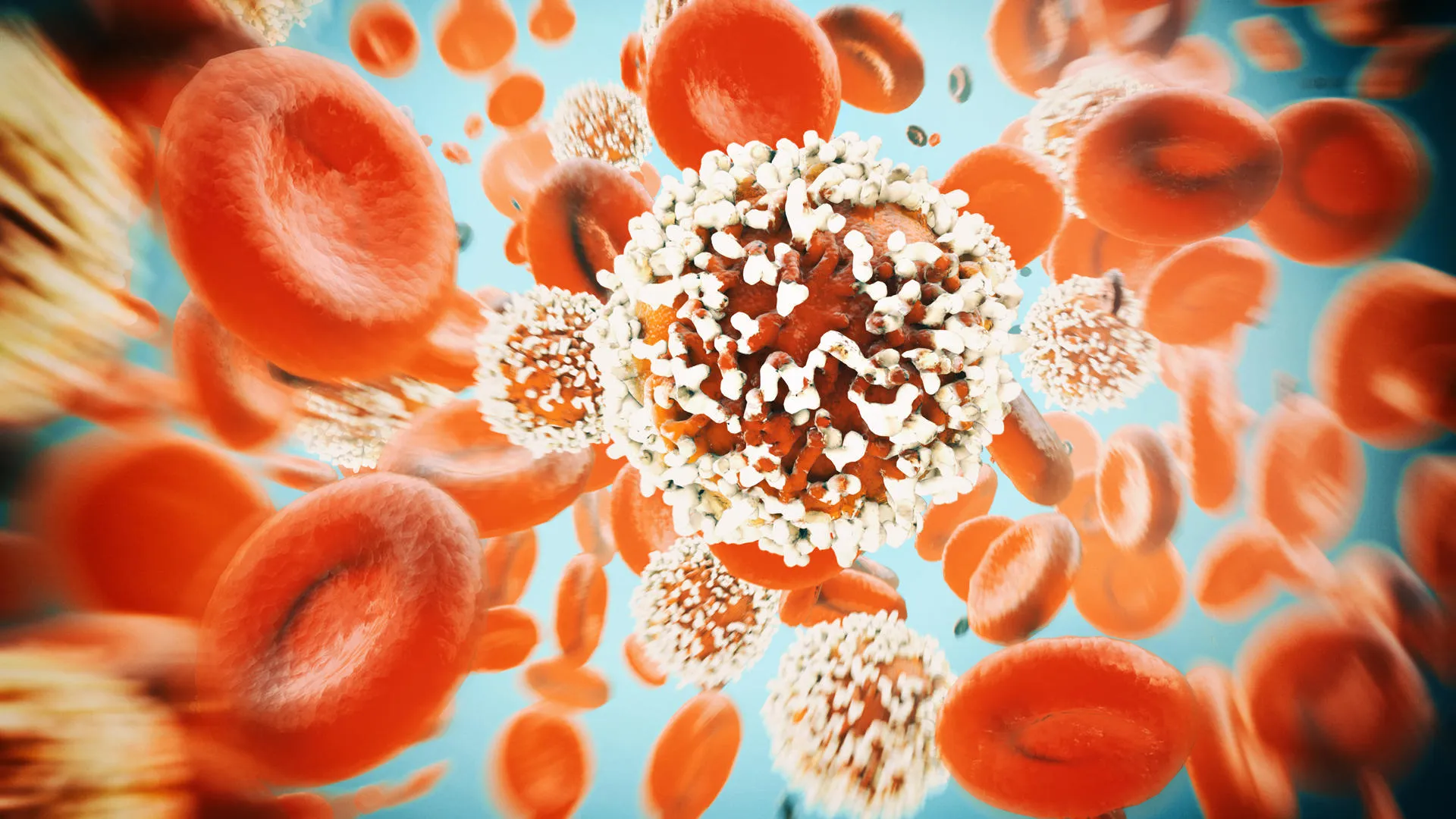
Research

Experimental Oncology
The Experimental Oncology Programme is focused on the development of new treatments for solid tumours.
Project status: Ongoing

Cancer Immunology & Immunotherapy
Cancer Immunology represents a broad field of research that studies host-tumour interactions as therapeutic targets in the treatment of cancer.
Project status: Ongoing

Hayday Laboratory
We investigate how tissue integrity is maintained and restored by T lymphocytes resident within sites such as skin, gut, and reproductive tract.

The Francis Crick Institute
King’s is delighted to be a founding academic partner alongside UCL and Imperial College in the Francis Crick Institute, joining the multidisciplinary research expertise from all the Partners together to deliver world-leading biomedical research.
News
Immune cell helps predict skin cancer patients chances of responding to treatment
A type of immune cell can help predict which patients may benefit most from cancer immunotherapies, researchers from King’s College London, Guy’s and St...

King's-Crick partnership celebrates five years
The partnership aims to facilitate the discovery of solutions for the world’s greatest medical challenges

Immune cell linked to better lung cancer survival
High levels of a unique type of immune cell is linked to a greater chance of remaining cancer-free after surgery for patients with lung cancer.

King's spin-out acquired by Takeda
Takeda Pharmaceutical Company Limited “Takeda” this week announced the exercise of its option to acquire GammaDelta Therapeutics Limited, a company focused on...

Poor immune response in many double- vaccinated blood cancer patients
More than half of double vaccinated blood cancer patients have been left with little protection against COVID-19, new research has found.

First patients given dose to evaluate novel gamma-delta T cell cancer therapy
A biotechnology company founded by researchers from King’s and the Francis Crick Institute has announced that it has initiated a first-in-human Phase I...

Three molecules could predict the severity of COVID-19 in patients
A common immune signature in the blood patients has been found, which could be used to predict how severely ill a patient will become.

Blood test could track immune response to COVID-19
A highly detailed analysis of the composition of immune cells in the blood of patients with COVID-19, reveals new aspects of how the SARS-Cov-2 coronavirus...

Researchers identify over 140 genes linked to immune system regulation
First extensive immune profiling of mice reveals a vast catalogue of genes that regulate the immune system and model human disease

Unique immune cell could help stop breast cancer
A unique type of immune cell has been discovered in human breast tissue, and breast cancer patients with more of these cells are more likely to survive, finds...

Features
Transforming cancer care at King's
King’s is the site of future breakthroughs, transforming cancer care and therapies through innovative research. An injection of philanthropic donations...

Support the King's COVID Response Fund
You can support King's life saving research, and the mental wellbeing of our NHS staff and nursing and medical students by spreading the word or making a...

Spotlight
How King's continues to tackle cancer and support cancer care and research
Saturday 4 February marks World Cancer Day. In order to honour this key date, we have highlighted some of the most important cancer-themed stories that have...

